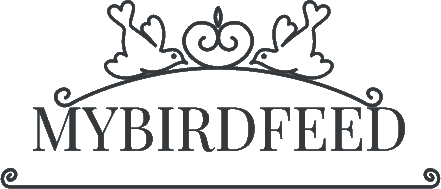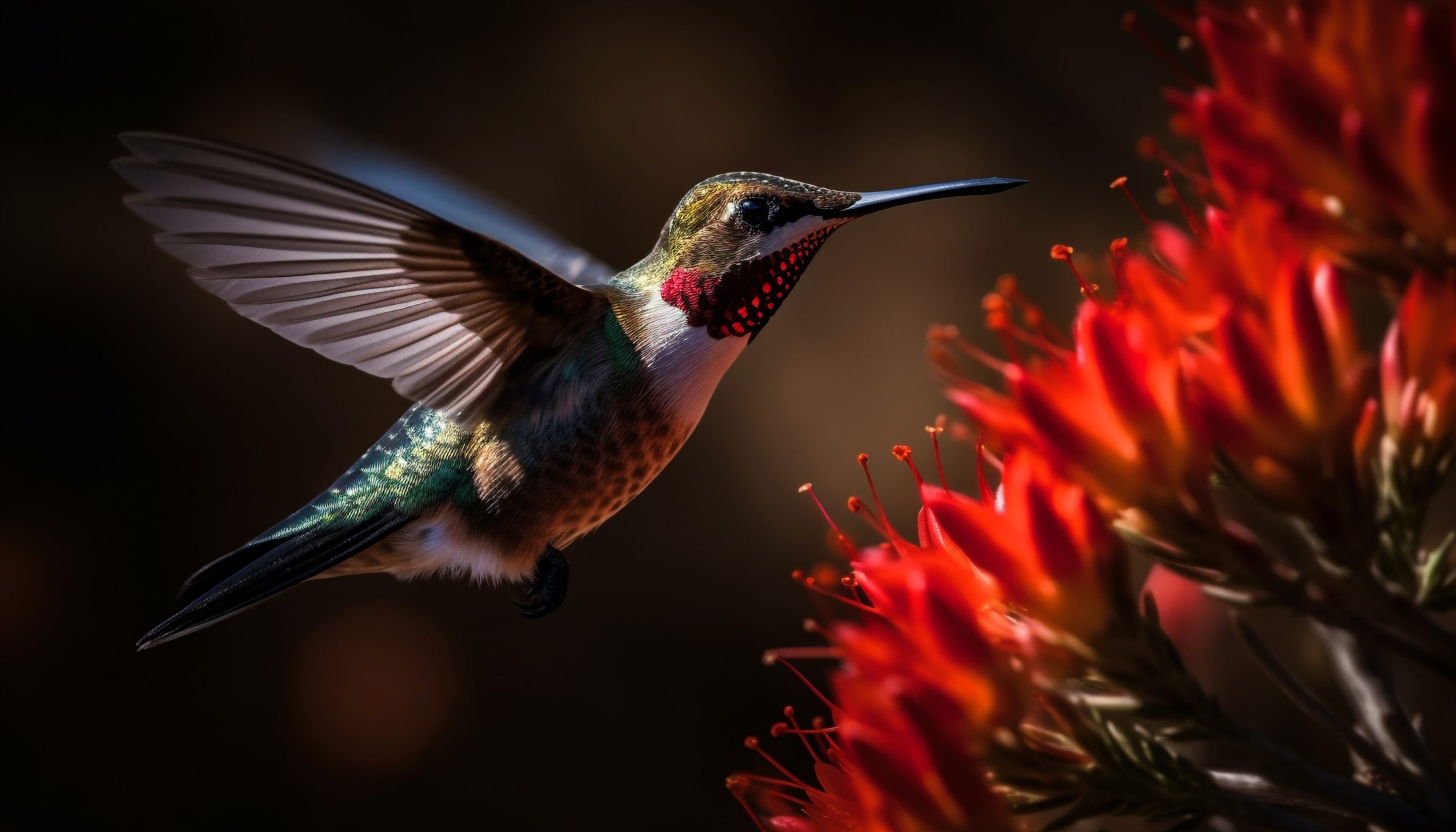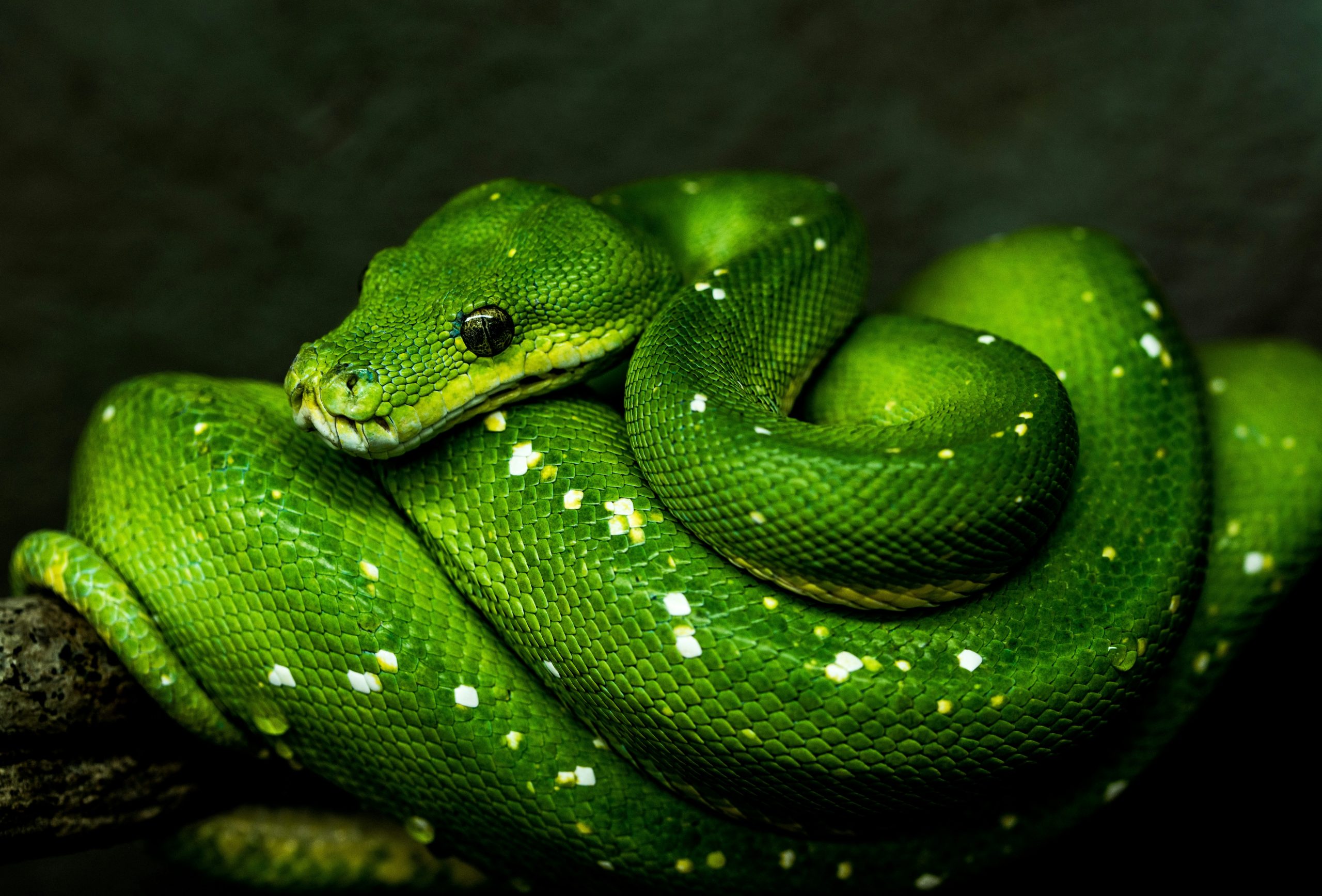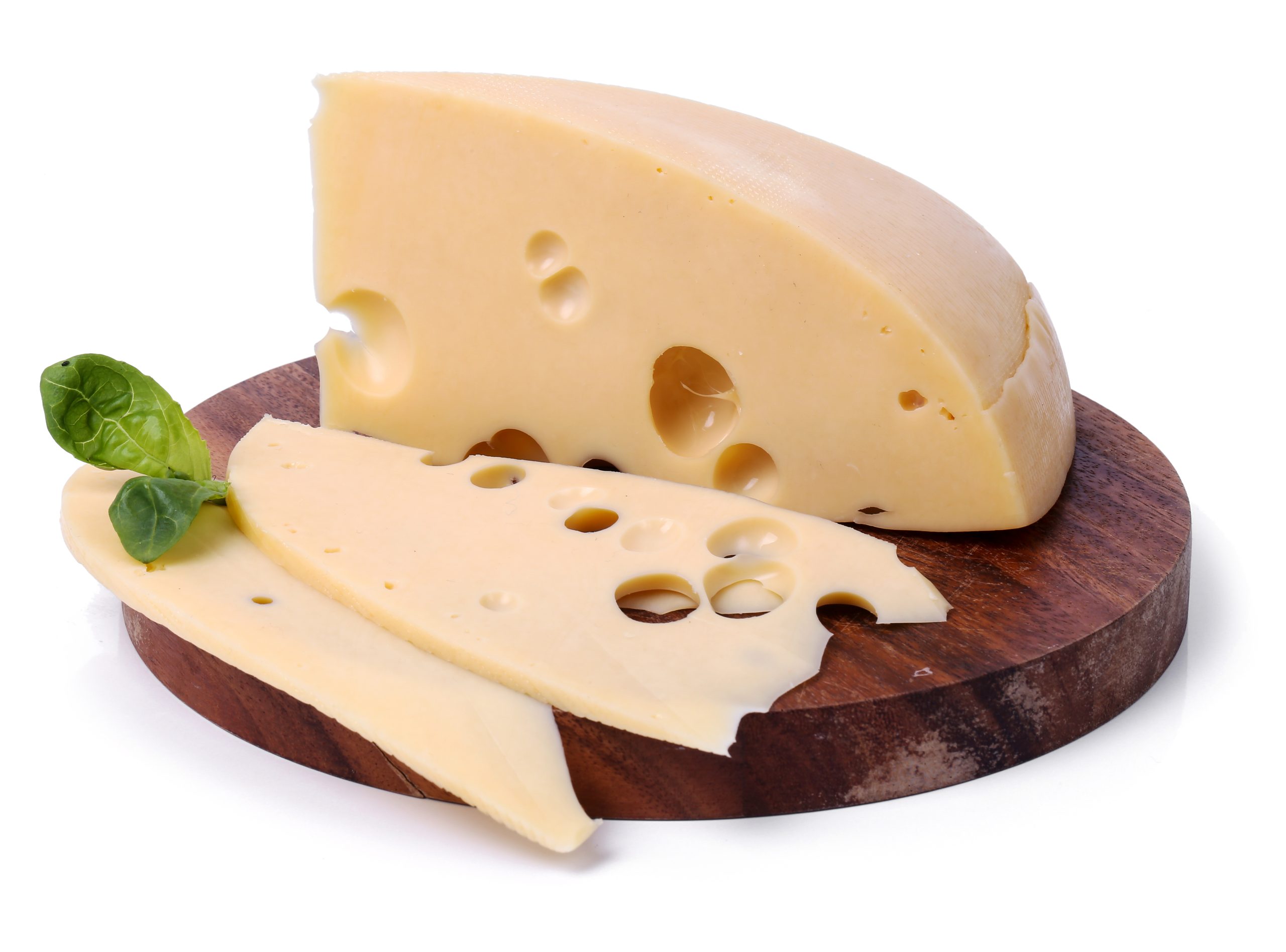Tomatoes make a nutritious snack for humans, but can our feathered friends enjoy them too? In this article we’ll cover whether feeding tomatoes to parakeets is safe and in what quantities.
Key Factors to Consider About Parakeets Eating Tomatoes
A few important considerations exist around tomatoes for parakeets:
Natural Diet – Parakeets naturally eat seed, grains, nuts and some fruit in the wild. So tomato flesh differs from their norm.
Nutrition Levels – Tomatoes contain useful vitamins and antioxidants. But parakeet diets also depend heavily on carbohydrates for energy which tomatoes lack.
Digestibility – Being acidic and fleshy, tomatoes may pose digestive challenges for tiny parakeet stomachs if fed too liberally. Issues like diarrhea could occur.
Risk of Problems – Tomatos’ acidity means potential for mouth or crop burns exists if parakeets consume too much. Portion control is key.
Below we analyze these factors further concerning parakeet diet and tomatoes.
Nutritional Value of Tomatoes for Parakeets
In moderation, tomatoes can contribute valuable nutrition to supplement parakeets’ standard dry seed mixes or pellets:
Vitamin C – Useful for collagen production and immune health. Not normally abundant in seeds.
Vitamin A – Key for vision, skin health and proper bone development. Tomatoes provide added amounts.
Vitamin K – Important for blood clotting and bone metabolism. Tomato foods assist with this.
Antioxidants – Tomatoes contain lycopene and beta-carotene to limit cell damage by free radicals that cause disease over time if unchecked.
However tomatoes still don’t deliver the high carbohydrates parakeets need in larger proportions daily for their small bodies to have sufficient energy. So seeds and grains should still form the bulk of their regular diet.
Potential Problems With Feeding Parakeets Tomatoes
Given tomatoes’ naturally acidic nature required caution is warranted regarding overfeeding parakeets:
Picky Eating – Individual parakeets’ preferences vary greatly. Many may ignore tomatoes completely meaning carbs needs go unmet if alternatives aren’t available instead.
Crop or Tongue Burns – Excess acidic foods pose increased threat for crop tissue damage over time. Ulcers or irritation could set in necessitating vet care. Introduce new food types gradually first.
Digestive Issues – Diarrhea is one risk if parakeets face difficulties properly breaking down tomato flesh internally compared to dry seed-centric diets normally.
Increased Thirst – Higher water content of tomatoes coupled with their salt levels often initiates excessive thirst if served too abundantly. Keep hydrated constantly.
Vitamin A Toxicity – While vitamin A supports health, excess for small birds risks liver dysfunction, limb issues, or vision impairment over time. Moderation still key.
So while tomatoes offer benefits as a rotating snack, they shouldn’t become a primary component of parakeets’ daily menu without other nutrient sources included too that their bodies depend on most for balanced health.
Recommended Quantity of Tomatoes for Parakeets
Determining optimum tomato serving sizes for parakeets depends on the individual bird’s size and tolerance:
| Parakeet Size | Tomato Flesh Amount | Serving Frequency |
|---|---|---|
| Small Budgies | 1 teaspoon finely chopped | 2-3 times weekly |
| Medium Budgies | 1 tablespoon chopped | 2-4 times weekly |
| Large Parakeet | 2 tablespoons chopped | 3-4 times weekly |
- Always start with smaller amounts first to test if parakeet enjoys and digests properly without loose stools
- Never feed strictly tomatoes. Provide other veggies, seeds, pellets also
- Monitor if tongues or crop seem irritated, reduce tomatoes if so
Adjust portions to amounts your parakeets happily consume without wastage or symptoms of digestive upset like watery droppings as general guidance. Some parakeets relish them more than others.
Conclusion – Are Tomatoes Ultimately Safe for Parakeet Diets?
In summary, tomatoes make a fine supplemental snack for parakeets several times weekly given the nutritional benefits highlighted earlier regarding important vitamins and antioxidants. However given tomatoes’ fleshy, acidic and watery composition, a balanced approached is required with appropriate ration sizes for a parakeet’s small body not to exceed digestive capabilities long-term nor lead to nutritional imbalances.
Adhering portion recommendations, closely observing individuals’ health after initial introduction of tomatoes to the diet and ensuring variety of other necessities like seeds/grains round out their broader menu will let parakeets safely enjoy tomatoes without risks. So the verdict is yes for tomatoes as part of rotating snack options but not as a sole daily food item for parakeets.
Frequently Asked Questions
Are tomatoes unhealthy for parakeets in any way?
Tomatoes contain beneficial nutrients and aren’t toxic, but risks like digestive upset, vitamin excess or dehydration may occur if parakeets overindulge because tomatoes differ greatly from dry seeds they are adapted to eat regularly from nature.
What are signs my parakeet ate too many tomatoes or isn’t digesting them well?
Watery green droppings, lack of appetite, increased aggression or lethargy point to intestinal irritation or nutrient imbalance. Crop/tongue redness, ulcers signal tissue irritation. Reduce tomatoes and ensure diet diversity if symptoms arise.
Do parakeets need vegetables like tomatoes daily?
Parakeets don’t require vegetables or fruit with enough seeds/grains/pellets available ensuring whole nutrition needs met. But vegetables like tomato snacks 2-4 times weekly add beneficial variety and micronutrients parakeets enjoy without sacrificing seed-focused diet their bodies are adapted for.
Can I substitute tomatoes completely instead of standard parakeet seed mixes?
No, tomatoes lack adequate carbohydrates and overall fat/protein levels parakeets need as staples for energy and growth. Dry seeds should still comprise 60-70% of their routine diet with vegetables like tomatoes included occasionally only to supplement nutrition, not replace seed-based foods.
What nutrients do parakeets need most?
Parakeets require carbohydrate-rich foods like seeds to meet high energy demands for an active lifestyle and proper digestion. 10-15% daily protein from sources like legumes/grains supports feather growth. 5% fat maintains skin/organ health. Plus calcium for bone strength, vitamin E for immunity and fiber for intestinal wellbeing.



